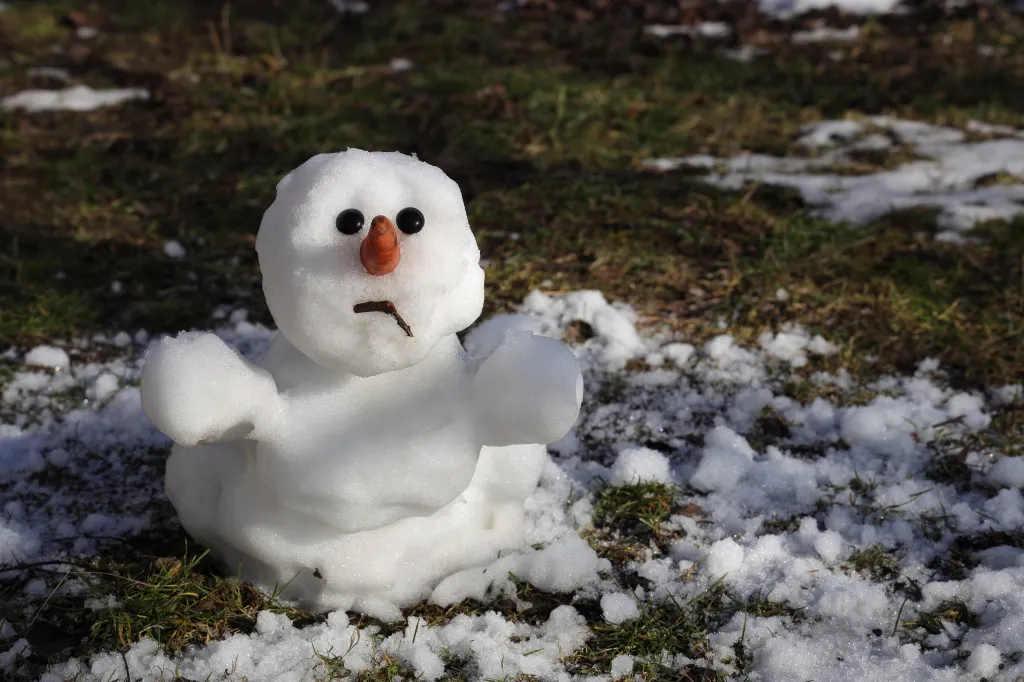The holiday season has brought about a new dating trend called “snowmanning,” where casual hookups quickly fizzle out, leaving one partner disconnected, often within just 24 hours. This behavior, named after a melting snowman, mirrors the fleeting nature of these interactions, and it has raised concerns among health experts due to the emotional and physical risks it poses. As singles engage in flings at Christmas parties, New Year’s Eve celebrations, and other festive gatherings, experts warn that this trend could have serious repercussions, particularly in terms of emotional fallout and an increased risk of sexually transmitted infections (STIs).
While snowmanning may seem like a harmless part of the holiday fun, it can have lasting effects that extend beyond the festive season. A recent survey revealed that 20% of individuals have experienced this type of behavior, which often ends in ghosting or a sudden loss of communication. While the emotional hurt from being ignored can be tough to handle, doctors emphasize that the physical risks of such encounters are even more concerning. With the potential for STIs to spread, the consequences of these impulsive, short-lived flings could be much worse than just a bruised ego.

Experts attribute the rise of casual hookups, particularly during the holiday season, to changes in behavior since the pandemic. A significant number of people, about a third of Brits, admit to engaging in casual sex over the Christmas period, with many seeking out old flings or meeting new partners at social events. However, a concerning statistic is that only 20% of those surveyed used condoms during these encounters. This lack of protection is contributing to a national rise in STI cases, with diagnoses in England increasing by nearly a third since 2020. Gonorrhea and syphilis cases, in particular, have risen sharply in recent years.
The reasons behind why so many individuals fall into the trap of snow-manning are varied, with factors like alcohol, loneliness, and a desire for connection playing a significant role. As Dr. Crystal Wylie, a GP, points out, snowmanning can lead to far more than just emotional distress. One of the key dangers is that people often do not exchange contact details during these fleeting encounters, making it difficult for individuals to alert partners if they have been exposed to an STI or seek treatment themselves. This lack of communication can result in a chain of STI transmission that is hard to break.
To mitigate the risks associated with snowmanning and similar holiday hookups, Dr. Wylie advises being proactive by carrying contraception and seeking medical advice if engaging in unprotected sex. While many STIs are treatable, they can lead to serious health complications if left undiagnosed. The NHS recommends waiting two weeks after risky sexual encounters to get tested for common STIs like chlamydia or gonorrhea, and four weeks for testing for syphilis or HIV. Symptoms to watch for include unusual discharge, itching, and burning sensations, as well as bleeding between periods or after sex.
